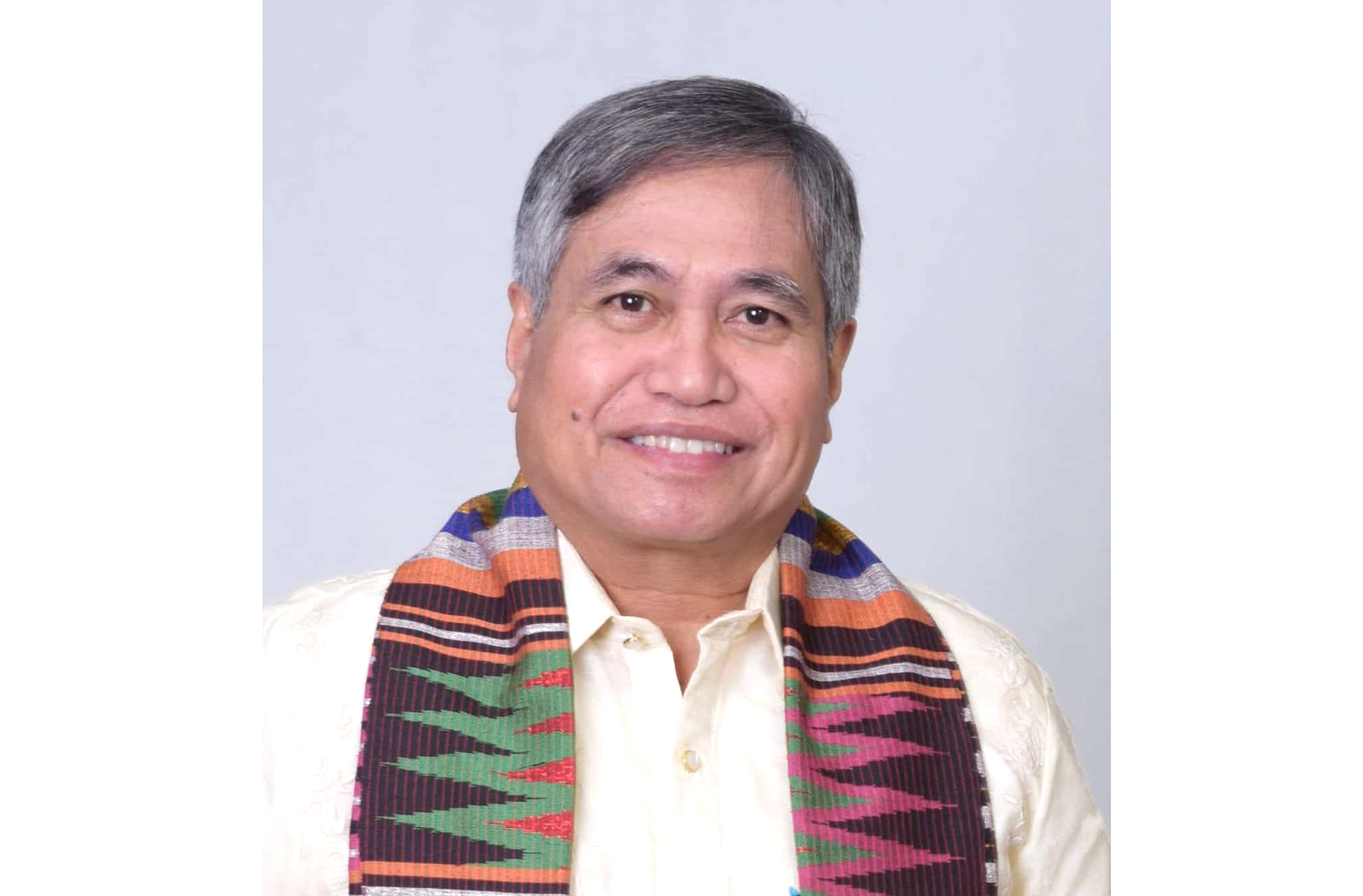FROM THE MARGINS

My wife and I celebrated our birthdays recently. At our advanced age, there is no greater gift than a loving family, so the special time spent with our children and grandchildren is one we will always cherish.
I am grateful. I am living a full life, blessed with family, good friends and many opportunities to pursue my passion, which is poverty eradication. Until now, I am still at it: working on microfinance, advocating financial inclusion, social protection and community development. I hope to continue doing this for many more years, but always, I am cognizant of the need to prepare the next generation. Like a gardener, I am hoping that the seeds I have planted will grow into majestic trees with branches that can provide protective shade and nourishing fruits to those who will come after me. Our job, after all, is to make this world a better place for future generations.
A few weeks ago, I got an invitation from Dr. Mary Joy Canon-Abaquin, the founder of Multiple Intelligence International School (MIIS) to be one of the mentors in their “Youth Innovation Challenge 2024.” The MIIS is a progressive international school in Quezon City that offers programs from Pre-K to High School. The Youth Innovation Challenge (YIC) was conceptualized in 2019 to give young people an opportunity to create innovative solutions to prevalent social problems. It serves as a platform for the country’s most innovative thinkers and doers to connect with high school students. The end-goal? To inspire and empower them to be the next generation of social innovators.
I was initially hesitant, but thought that my life's work on poverty alleviation and financial inclusion is worth sharing. I could not pass up the opportunity to help mold the future generation of anti-poverty advocates, and so, I agreed to be a YIC mentor. It was a very gratifying experience!
Teacher Joy informed me that 321 students from 23 public and private high schools attended the event. They came from Antipolo, Caloocan, Las Pinas, Manila, Marikina, Novaliches, Quezon City, Paranaque, Pasig, Santa Mesa, Taguig, Cordillera Administrative Region, and Mindanao. There were also students from Malaysia and Vietnam. I served as the resource person in a workshop called Logical-Mathematical Challenge, which required the participants to come up with innovative solutions to ensure the financial inclusion of underserved individuals and communities.
I shared with the students how my dream of establishing a bank owned by the poor was deemed impossible 38 years ago. From the questions asked during the open forum, they seemed to understand the challenges that I faced to turn my vision into reality. Even now, many people struggle with the idea that the poor could rise above their situation to the extent that they would become owners – not just clients – of businesses like banks. But they could. We have proven it. The microfinance NGO that we started has grown into several institutions: three microfinance-oriented banks, three microinsurance companies, three I.T. companies, a school, a pharmacy with allied clinics, a business development foundation, and others. Our microfinance clients are able to convert their savings into shares, making them part-owners of the banks. They also own and manage their own microinsurance mutual benefit association.
My message to the students was simple: To believe in themselves. To be steadfast in their desire to make a positive difference in people’s lives. To understand that poor people can rise above their lot if you just give them a chance. With interventions designed to give them not just access but control of resources, poor people can escape inter-generational poverty.
The students took this message to heart. I was very impressed with their workshop outputs. One group espoused financial literacy designed for vulnerable groups. Another proposed micro-loans to generate income for poor cancer patients to enable them to pay for their treatments. There was a proposal to provide microfinance loans for displaced communities. One group said there should be a digital platform to help farmers connect with investors. The winner of the Logical-Mathematical Challenge was the group that proposed the establishment of a digital bank for overseas Filipino workers.
Meeting these students really gave me hope for the future. Despite their youth, they came up with good proposals to promote financial inclusion. Although many of them are from well-to-do families, they want to help the poor and the marginalized. I wish them all well. May they never lose their passion to help the country in eradicating poverty.
Dr. Jose Rizal is correct: The youth is the hope of our nation. I salute MIIS and Teacher Joy for spearheading the Youth Innovation Challenge. Training today’s youth to be good citizens and to use their intelligence to make a difference ensures a better world for all, especially the most vulnerable.
* * *
“Education is our greatest opportunity to give an irrevocable gift to the next generation.” – Ernie Fletcher
(Dr. Jaime Aristotle B. Alip is a poverty eradication advocate. He is the founder of the Center for Agriculture and Rural Development Mutually-Reinforcing Institutions (CARD MRI).)